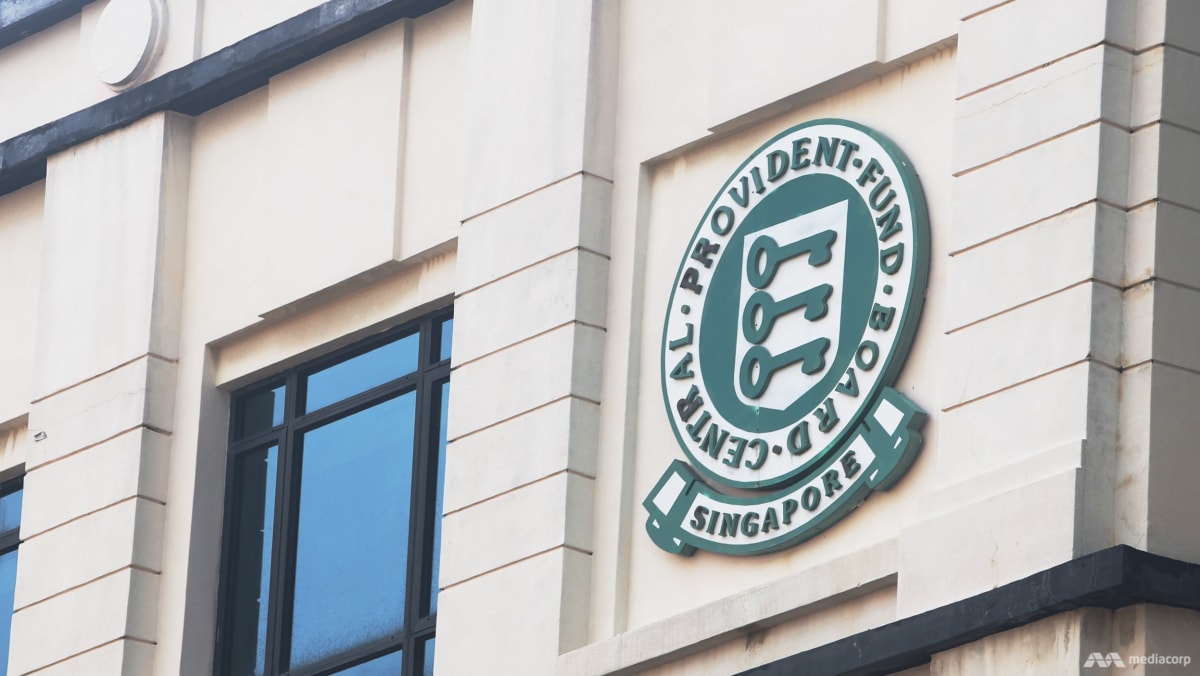
UPDATING OF ACCOUNT DETAILS
Besides imposing a daily limit for online CPF withdrawals, Singpass face verification and the 12-hour cooling period will also apply when members update their contact details with CPF Board from Nov 30.
By the end of December, changes to bank account details will also require Singpass face verification.
New bank accounts will only be activated after the bank confirms that the account belongs to the CPF member. This process will take up to two working days.
Notifications via SMS or email will also be sent to CPF members whenever they make a withdrawal, update the daily withdrawal limit, or change their contact or bank account details.
CPF Board said that members must update their contact details online before they can adjust the daily withdrawal limit or update their bank account details.
They will be notified once the changes have taken effect, after the 12-hour cooling period or after their bank account has been verified by the bank.
This cooling period gives members enough time to take action to prevent any unauthorised adjustments or updates from taking effect.
“While these precautionary measures may cause some inconvenience for CPF members, we seek their understanding that it is better to be safe than sorry, especially in today’s environment,” said CPF Board.
“CPF Board will continually review our measures to achieve a right balance between convenience and security.”
If CPF members suspect they have fallen prey to a CPF scam, they should contact CPF Board, get their bank to freeze their accounts, reset their Singpass password, and set the daily withdrawal limit to S$0.
They should also make a police report.
At least S$218,000 in CPF savings were lost to Android malware scams in the first half of this year, the police said in September.
The growing spate of scams targeting Android users has prompted several public advisories by the authorities. In August, the police and Cyber Security Agency of Singapore issued a joint advisory highlighting some tactics used by scammers.
Fraudsters deceive people into installing malicious apps, which they use to access victims’ devices and steal sensitive information.
Some victims responded to advertisements for services – such as home cleaning and pet grooming – on social media platforms like Facebook and Instagram.

